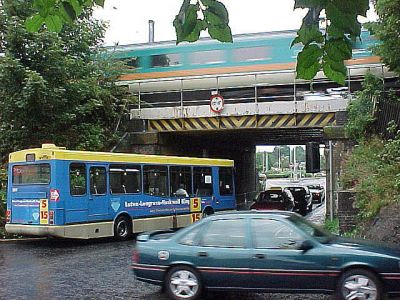Studying the effects and outcomes of existing vision documents can increase the impact of potential transport foresight studies because they offer the opportunity to modify future plans and expectations. The extensive foresight literature and body of knowledge at hand could potentially shape actions to promote a more efficient and sustainable transport sector.
With this in mind, the EU-funded
RACE2050 (Responsible innovation agenda for competitive European transport industries up to 2050) project set out to identify key success factors for sustained growth of the European transport industry and for policies to strengthen it long term until 2050.
Following an exhaustive assessment of past transport foresight studies, project partners developed and validated scenarios that represent potential encouraging and gloomy futures for 2030 and 2050, respectively. These scenarios serve as opposing visions on the status of the European transport industry's global competitiveness. The two prototype scenarios were presented and elaborated in a series of workshops targeting key players from the transport industry and research community as well as policymakers and foresight experts.
The team assessed the current EU transport industry situation and estimated the impact of the transport market and the driving forces and challenges shaping current and future transport demands. It also analysed the trends, limitations and challenges of the technological, economic and social factors affecting the transport industry.
Ongoing work in RACE2050 will help finalise novel scenarios for 2030 and 2050 on the competitiveness of the European transport industry. This will ultimately enable the sector to maintain its leading position in the world economy up to 2050.

